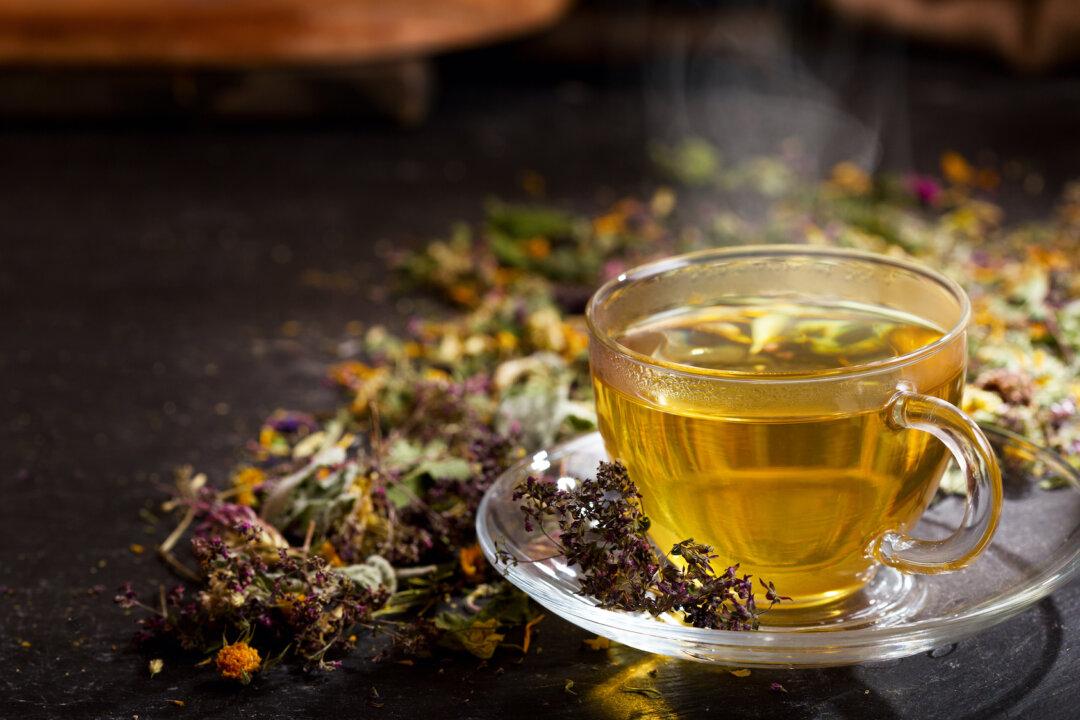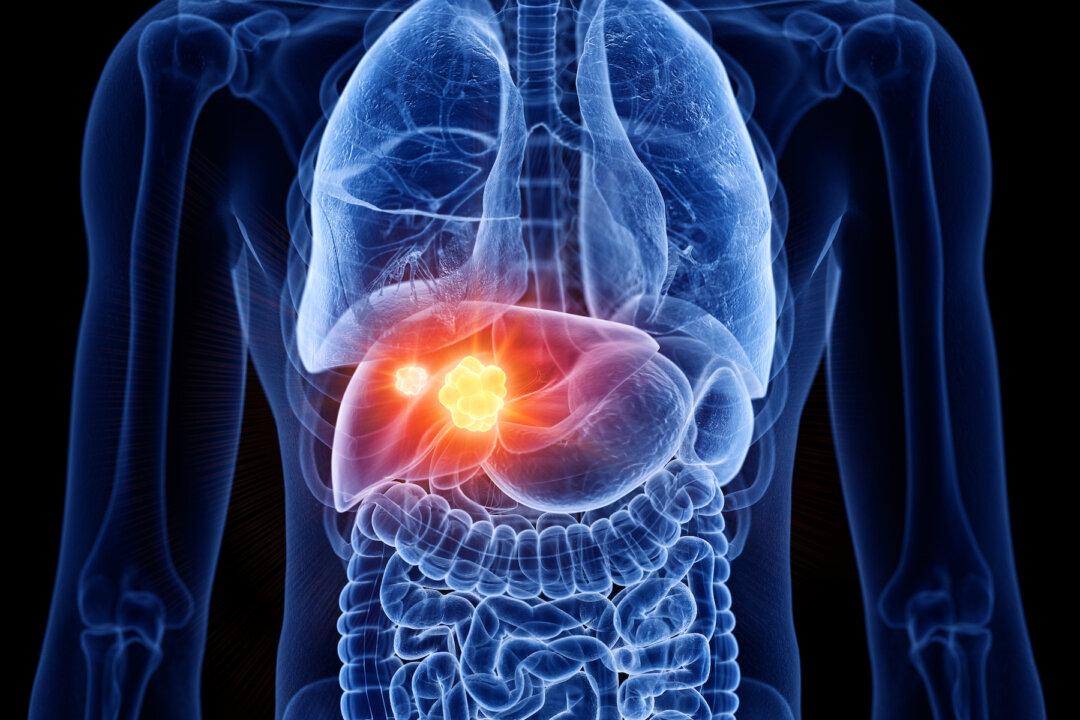Herbal tea is the perfect choice for cleansing your body from unwanted toxins that cause disease. Caffeine-free and natural, they are nature’s best remedy against fighting unpleasant symptoms associated with common modern ailments. Herbal tea may also help boost weight loss and promote a healthier lifestyle.
If you are on any medication, it would be best to seek advice from a doctor before consuming any herbal tea as some may interact negatively with existing medication.





